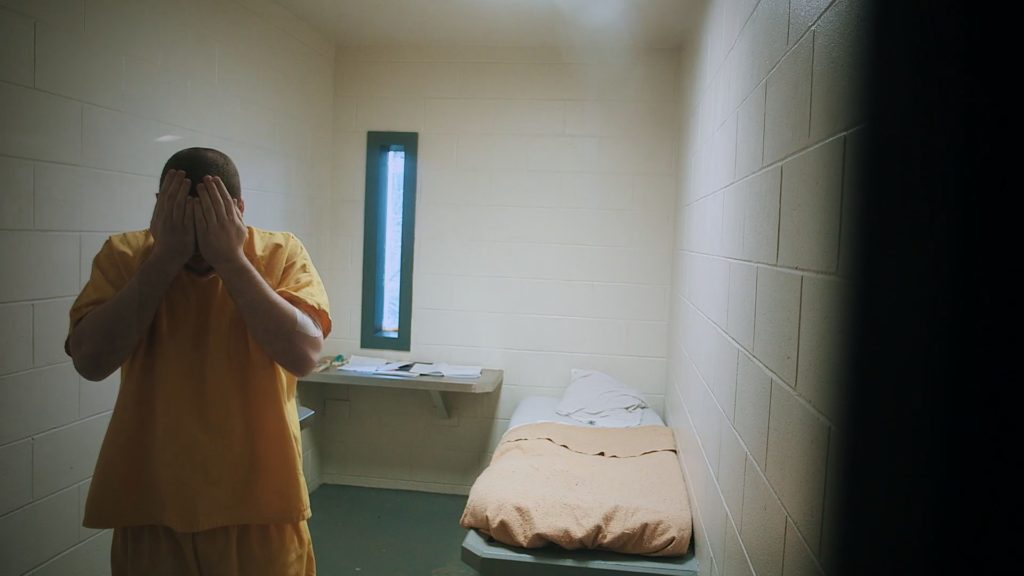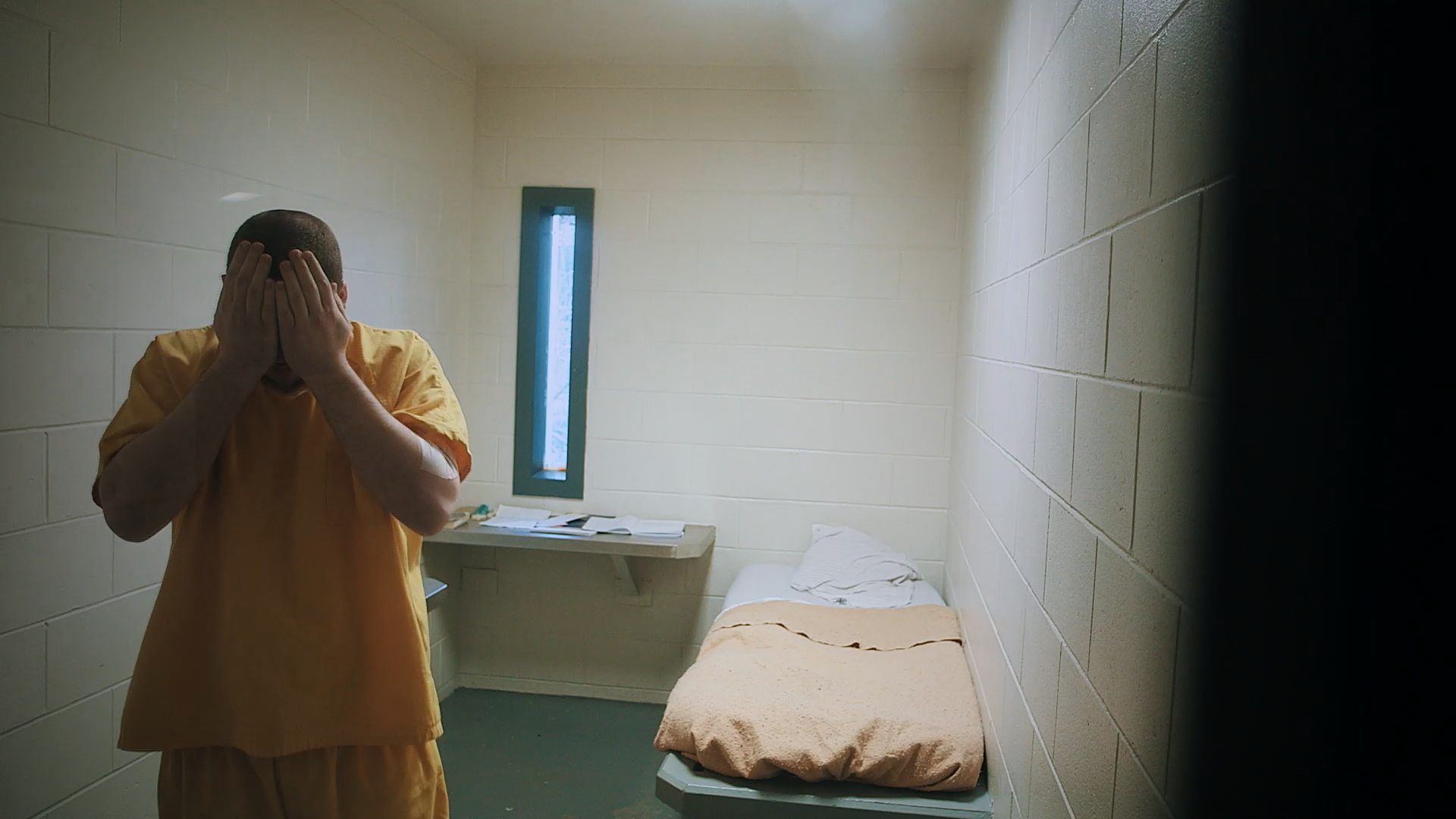WATCH: How the U.S. Became the World Leader in Solitary Confinement
April 17, 2017
Share
Around 80,000 prisoners across America are being held in solitary confinement — many of them for months or years at a time.
Critics call the prolonged use of solitary confinement torture, pointing to research on its heavy mental toll.
But when solitary was first introduced in America in the late 18th century, it wasn’t intended to be a punishment. In fact, solitary was first put into practice at U.S. prisons by a pacifist spiritual community called the Quakers, as part of an experiment to improve prison conditions and rehabilitate inmates.
“There was a belief that you could put a prisoner in his own solitary cell, freed from the evil influences of modern society, and if you put them in that cell, they would become like a penitent monk, free to come close to God and to their own inner being, and they would naturally heal, heal from the evils of the outside society,” Stuart Grassian, a clinical psychiatrist who has studied the long-term impact of isolation in prison, says in Last Days of Solitary, a new FRONTLINE documentary premiering Tues., April 18.
Explore how that “noble experiment” became an “absolute catastrophe,” in Grassian’s words, in the above excerpt — which unspools the 200-year history of solitary confinement in the U.S.
Though the U.S. remains the world leader in the use of long-term solitary confinement, in recent years, more than 30 states have begun to experiment with reforms aimed at reducing its use — a trend whose risks and rewards are explored up-close in Last Days of Solitary.
Filmed inside Maine State Prison’s solitary confinement ward by Dan Edge and Lauren Mucciolo over the past three years, Last Days of Solitary traces the prison’s experiment to scale back its use of solitary, and follows the experiences of five men who have spent considerable time in isolation — one of whom goes on to murder another inmate after being released back into the prison’s general population.
Gripping, immersive, and raw, the film also delves into the latest research on the psychological impact of long-term isolation, and what effects offenders carry with them back into the community.
“It leaves a scar on you that you won’t forget, and you can’t heal it no matter how good you are,” one inmate tells FRONTLINE of his time in solitary.
Last Days of Solitary premieres Tues., April 18 at 9 p.m. EST/8 p.m. CST on PBS stations (check local listings) and online.

Related Documentaries
Latest Documentaries
Related Stories
Related Stories
Explore
Policies
Teacher Center
Funding for FRONTLINE is provided through the support of PBS viewers and by the Corporation for Public Broadcasting, with major support from Ford Foundation. Additional funding is provided the Abrams Foundation, Park Foundation, John D. and Catherine T. MacArthur Foundation, Heising-Simons Foundation, and the FRONTLINE Trust, with major support from Jon and Jo Ann Hagler on behalf of the Jon L. Hagler Foundation, and additional support from Koo and Patricia Yuen. FRONTLINE is a registered trademark of WGBH Educational Foundation. Web Site Copyright ©1995-2025 WGBH Educational Foundation. PBS is a 501(c)(3) not-for-profit organization.





















